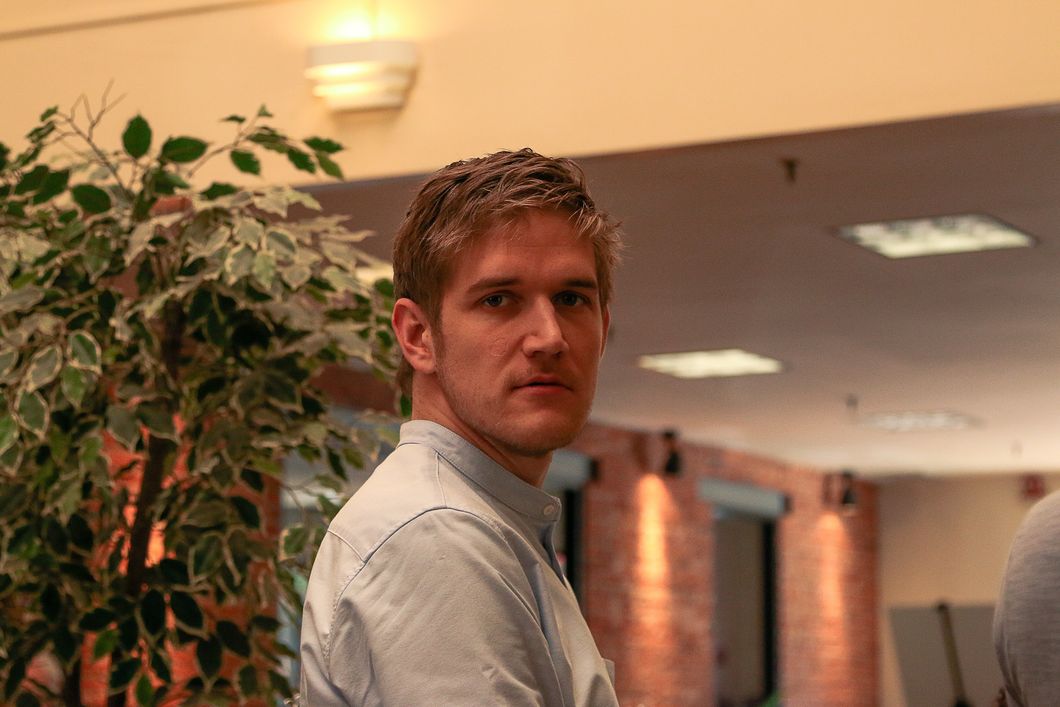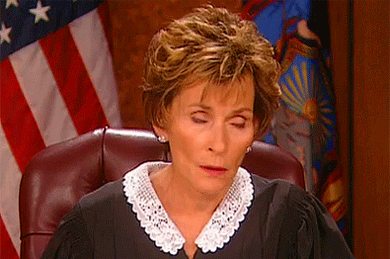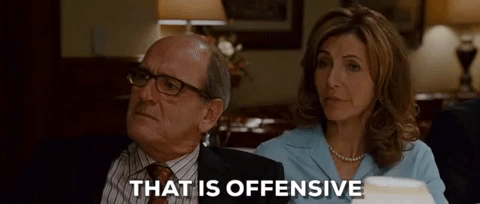When I sat down with a few friends in a movie theater to watch Bo Burnham's critically acclaimed "Eighth Grade," which boasts an impressive 98% rating on Rotten Tomatoes, I found myself unprepared for the follow hour and a half that took me on a ride of second-hand anxiety, memories of my own middle-school existence, and an ending that left me in tears. I went in thinking that it would be another cutesy movie in the strain of "Mean Girls" or "Sixteen Candles." While I can't say I was entirely wrong - in fact, I thought the movie was heart-warming and adorable - I can classify the movie only as a gripping experience to the extent that one of my friends commented, afterward, that the movie "held him hostage."
The movie follows the eighth-grader Kayla in her final week of eighth grade, in which the viewer watches her struggle with anxiety, make advice videos on YouTube, and, ultimately, try to learn to accept who she is between attempting to make friends to then find herself in uncomfortable circumstances.
If I had to describe "Eighth Grade" in one word, I would say that it's "real." Burnham creates the feeling that his film is likened to a documentary through the use of camera angles that follow Kayla from behind or capture her entire range emotions by focusing on her face without using jump cuts to other characters in key moments. In other movies, where keeping a single shot on a single face for an extended amount of time would feel awkward, "Eighth Grade" utilizes this perfectly. As a viewer, I wanted to see all of Kayla's reactions, from when she scrolls on Instagram in the middle of the night, so when she walks away from a pair of girls who constantly ignore her in favor of their phones, and Kayla struggles to fight off her tears and maintain her friendly smile.
Technology, in the film, could have been abhorred, but I felt that Burnham plays his cards right. Whereas social media has been shunned as a complete evil, Burnham decides not to take a stance with the middle school full of kids with a phone tethered to their palms. One of the most telling scenes comes when Kayla sits in a mall food court with Olivia, a high school girl who Kayla met that day, and Olivia's three friends. One of the friends comments that Kayla appears bored by their conversation and says that she "comes from a different generation," despite only a four-year difference between Kayla and the friends from high school. When Olivia tries to argue this point, the boy presses Kayla by asking when she had a Snapchat account and appears shocked when Kayla answers that she had an account in fifth grade.
Though an argument continues between Olivia and the boy, in which the latter argues that Kayla and her peers have had access to explicit content as children, the story stands neutral. As a viewer, we come to understand that Kayla has been immersed in technology, but that she uses her phone and computer to try and make friends and give advice to anyone who might feel the same level of anxiety that she does. While it is possible that some kids use their phones inappropriately, Kayla has good intentions.
Instead of presenting technology and social media as an objective positive or negative, the film seems to provide both sides and prefer to make the presence of cell phones known. In fact, it seems to me that the true antagonist of the film is not social media, mean girls, or pressures to have sex, but the mountain that faces Kayla as anxiety and trying to grow up. Girls such as the popular Kennedy are not intrinsically evil for ignoring Kayla, because, as Kayla hints in one of her videos, Kennedy never had the chance to see the real Kayla. The only one to see Kayla as she is, and not as an anxious and quiet girl, is Gabe. In his own right, Gabe would be viewed as strange, and likely is an outcast in his own middle school, and he enters Kayla's life to become a friend. Meanwhile, Kayla's father provides a constant stream of love for his daughter, even when she snaps at him and drowns him out with music at the dinner table.
"Eighth Grade" has all of the makings of a movie that I could have used in previous years - that emphasizes with the feelings of the crushing weight of the world falling onto a pair of young shoulders, and the sense that you are weird. But, it shows that everyone is weird in middle school - as Olivia comments to Kayla and that it is possible to move on. As Kayla hints at the end of the film, she wants her future self to be happy, even if she doesn't keep her middle school friends, or have a boyfriend. Throughout the anxiety created by the rest of the film, the ending provides hope for the future, no matter what comes.


























